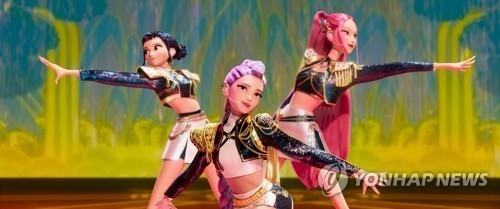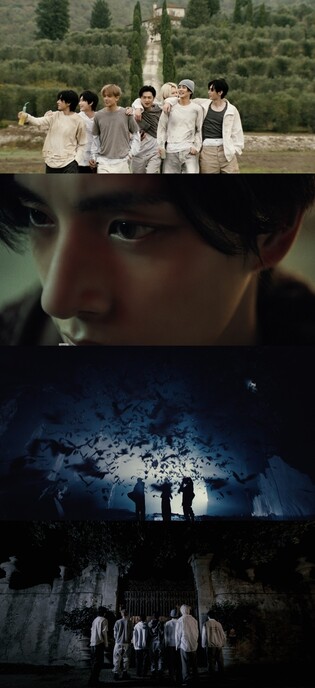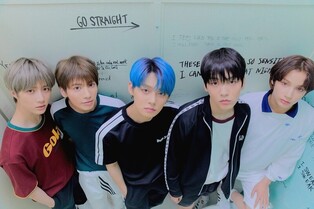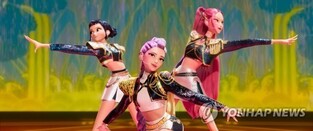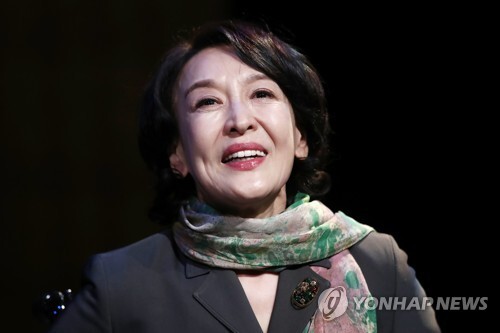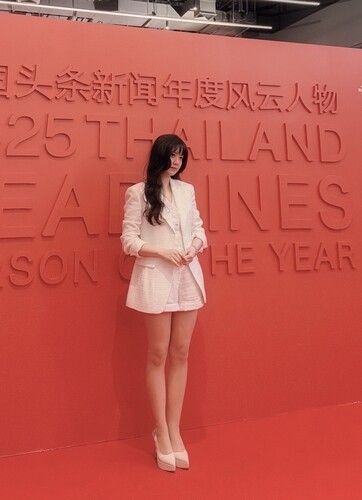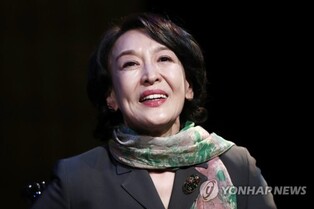N Korea-New Year
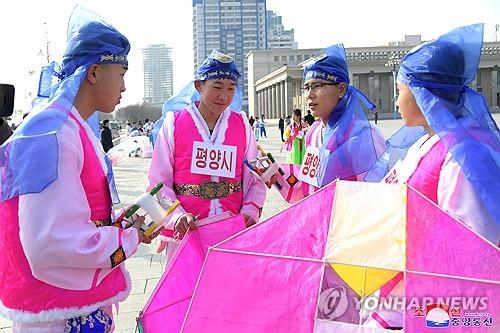 |
| ▲ This file image, published by the Korean Central News Agency on Feb. 11, 2024, shows North Korean children celebrating the New Year holiday. (For Use Only in the Republic of Korea. No Redistribution) (Yonhap) |
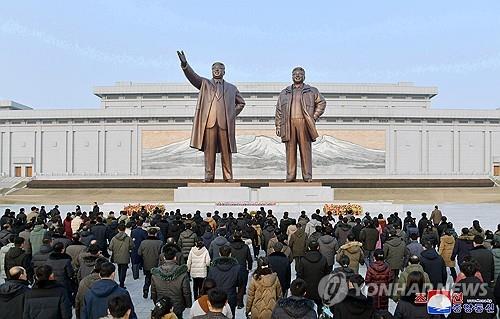 |
| ▲ This file image, published by the Korean Central News Agency on Feb. 11, 2024, shows North Koreans visiting the statues of late North Korean founder Kim Il-sung and his son and successor Kim Jong-il in Pyongyang on the occasion of the New Year holiday. (For Use Only in the Republic of Korea. No Redistribution) (Yonhap) |
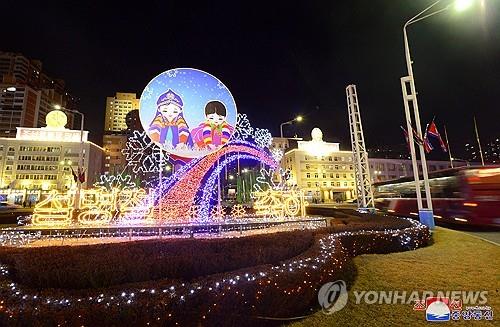 |
| ▲ This file image, published by the Korean Central News Agency on Feb. 11, 2024, shows a North Korean street alight with lamps set up on the occasion of the New Year holiday. (For Use Only in the Republic of Korea. No Redistribution) (Yonhap) |
N Korea-New Year
N. Korea uses New Year holiday to boost allegiance to ruling Kim family
By Park Boram
SEOUL, Jan. 29 (Yonhap) -- North Korea's New Year holiday is marked by visits to the mausoleum of its two late leaders and affirmations of allegiance to incumbent leader Kim Jong-un, in contrast to how South Koreans celebrate the traditional holiday, the unification ministry said Wednesday.
Seol, or New Year's Day, along with Chuseok -- the two biggest traditional holidays for Koreans -- was once abolished in North Korea by late founder Kim Il-sung, who viewed them as remnants of feudal society.
His son and successor, the late leader Kim Jong-il reinstated the New Year holiday in 1989 as part of his nationalistic campaigns aimed at safeguarding the country's socialist regime, with two days designated as holidays for the occasion since 2010, according to the unification ministry.
North Korea now utilizes the traditional holiday as an occasion not only to honor families' ancestors but also to celebrate the achievements of its two late leaders and to bolster allegiance to the current leader, Kim Jong-un, according to the ministry.
It is now customary for North Koreans to visit the Kumsusan mausoleum in Pyongyang, where the bodies of the two late leaders are enshrined, or their statues across the country to lay flowers, the ministry said.
Restaurants remain open and busy with diners during the holiday season, as travel to other regions or hometowns is restricted and allowed only with permission.
North Koreans enjoy tteokguk, a meat broth soup with sliced rice cakes, on New Year's Day, just as South Koreans do, but use pheasant instead of the meat typically used in the broth.
North Koreans observe the New Year holiday on the Western calendar, while South Koreans celebrate the Lunar New Year's Day more extravagantly.
With the widespread use of mobile phones, North Koreans send New Year's messages via mobile devices and give food, stationery or cash as gifts to children who perform the New Year's bow to parents and relatives, the ministry said.
North Koreans enjoy the same traditional games during the holiday as South Koreans, such as "yutnori," Korean chess or kite flying, with major buildings displaying special lamps to light the streets and offering special music concerts or shows during the season.
(END)
(C) Yonhap News Agency. All Rights Reserved





















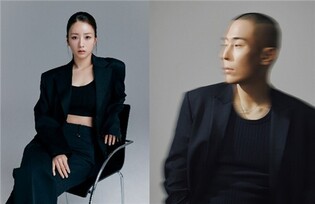
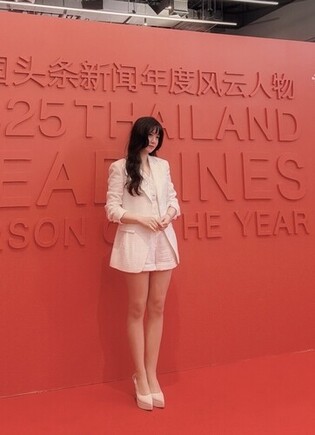

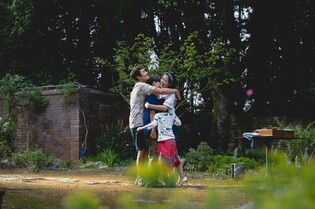

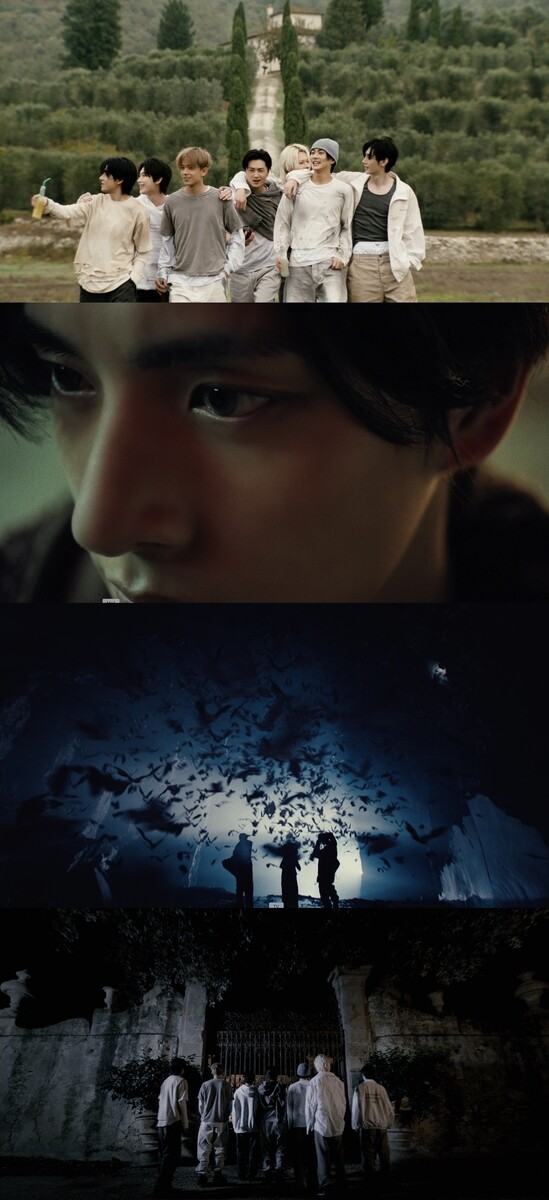
![[가요소식] TXT](/news/data/20251220/yna1065624915960696_833_h2.jpg)
